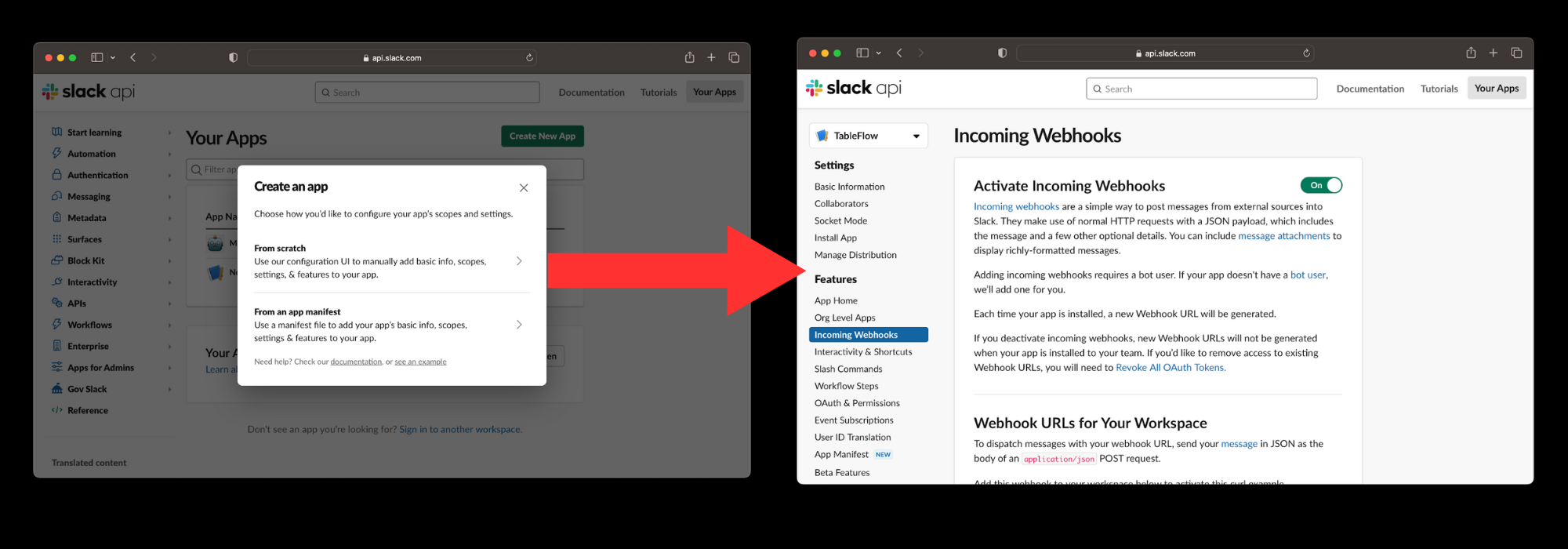The global outsourcing market is booming, expected to reach $764.63 billion by 20281. Startups and entrepreneurs see the big benefits of outsourcing software development. Big names like Slack and Skype have grown fast by using outsourcing1.
Outsourcing lets startups use specialized skills, save money, and grow quickly. This opens up new ways for success.
But, there are challenges in outsourcing. Startups face communication issues, quality control, and security risks1. This guide offers key tips for successful outsourcing. It helps startups grow, save money, and keep quality high.
Key Takeaways
- Outsourcing software development can deliver significant cost savings and access to specialized expertise for startups.
- Effective communication, quality control, and intellectual property protection are critical for successful outsourcing partnerships.
- Choosing the right outsourcing partner with a proven track record and compatible working culture is essential for project success.
- Flexible team structures and a lean approach to product development can help startups adapt to changing needs during the outsourcing process.
- Startups must carefully evaluate the pricing models and legal agreements to avoid hidden costs or dependencies on a single outsourcing provider.
Understanding the Landscape of Startup Development Outsourcing
The world of startup development outsourcing is changing fast. Over 23,000 custom development services are listed on Clutch.co, giving startups many options for a software development partner2. Outsourcing lets startups work with top talent worldwide2. It also saves money by avoiding the costs of an in-house team2.
Current Market Trends and Statistics
The IT offshoring market size hit $617.69 billion in 2024 and is set to reach $806.53 billion by 20293. Ninety-two percent of G2000 companies use IT outsourcing services3. The global software development outsourcing market is expected to hit $1.06 trillion by 2027, growing at 7.7% annually from 2020 to 20274. Outsourcing for startup software development is expected to jump by 70% between 2022 and 20234.
Common Challenges in Software Development Outsourcing
Outsourcing has many benefits, but startups face challenges like communication barriers, quality control issues, and security risks. Good communication, project management, and security are key to overcoming these challenges.
Why Startups Choose to Outsource Development
Startups outsource to focus on their main business activities, like product market fit and customer acquisition2. Outsourcing offers flexibility and scalability2. It also helps startups bring products to market faster, giving them a competitive edge2.
Outsourcing can save a lot of money, especially when hiring developers from countries like Ukraine3. It’s especially helpful for startups without much funding3. Startups with venture capital can use outsourcing to grow quickly and access specialized skills3.
In summary, the outsourcing landscape for startups is rapidly evolving. It offers access to global talent, cost savings, and the chance to focus on core business activities. By understanding trends and addressing challenges, startups can use outsourcing to achieve success and growth234.
Essential Criteria for Selecting the Right Development Partner
Choosing the right development partner is key for startups looking to outsource their software needs. The outsourcing industry has grown, offering many options. It’s vital to carefully evaluate potential partners for a successful collaboration. Agile outsourcing, distributed development, and nearshore development are popular choices for startups.
Startups should look at several important criteria when choosing a partner. First, the partner’s experience and success are crucial. Look for agencies with5. A good track record shows their technical skills and ability to handle agile outsourcing projects well.
- Technical Expertise and Portfolio: Check the partner’s technical skills and their experience with your project’s technologies. Look at their past work to see the quality of their code and design.
- Communication and Collaboration: See how well the partner communicates and manages projects. Make sure they can work well with your team5.
- Scalability and Flexibility: Make sure the partner can grow with your startup. They should be able to adapt to changing needs5.
- Cost and Pricing Structure: Set a budget and timeline. Compare the partner’s prices to make sure they fit your financial plan5.
It’s also important to check the partner’s skills, past projects, and references from other clients5. By carefully looking at these criteria, startups can find a partner that fits their needs. This partner should have the right skills, cultural fit, and communication abilities to support your startup’s growth.
| Criteria | Importance |
|---|---|
| Technical Expertise | High |
| Communication and Collaboration | High |
| Scalability and Flexibility | High |
| Cost and Pricing Structure | Medium |
| Portfolio and References | High |
5 By choosing the right development partner, startups can use their expertise and resources to grow faster. This can help reduce costs and achieve business goals.
Key Components of Successful Startup Development Outsourcing
Successful startup development outsourcing needs a few key things. First, you need technical know-how and the right tech stack. Look for partners who are experts in the tech you need. They should help create digital experiences that wow6.
Technical Expertise and Technology Stack
Startups often look to outsource for expertise and flexibility6. The right tech partner can bring the skills and capacity to build top-notch solutions7. Make sure the partner has the right tech experience for your project. This ensures a smooth fit.
Communication and Project Management Frameworks
Good communication and project management are key for teamwork7. Choose offshore software development partners who use Agile methods. They should also offer clear reports and quick, proactive communication7. This helps keep your project on track and on time.
Cost Structure and Pricing Models
Startups need to think about costs and pricing models when outsourcing tech6. Look at both fixed-price and time-and-materials options. Find a balance that works for you7. Choose partners who can grow with you, adjusting team size and time as needed.
| Consideration | Importance |
|---|---|
| Technical Expertise | Critical for building innovative solutions |
| Communication Frameworks | Essential for smooth collaboration |
| Pricing Models | Balances predictability and flexibility |
By focusing on these key areas, startups can find the right software development partner. This partnership can help drive your business forward67.
Building and Managing Remote Development Teams
The world of startup development has changed a lot with the rise of remote work. Remote developers and outsourced engineering teams are now key to startup success8. In fact, 44% of businesses see more full-time remote workers from different countries8. Also, 57% of the IT industry in the United States works remotely8.
Managing remote teams comes with its own set of challenges and benefits. It’s important to have clear communication and regular meetings for teamwork. Using project management tools and collaboration platforms helps with flexibility and productivity8. Also, dealing with time zone and cultural differences early on helps build a strong team8.
Security is a big concern when working with remote teams. It’s vital to protect sensitive data and intellectual property8. Hosting virtual team-building events can also boost team spirit and engagement8. Regularly checking team performance helps startups improve and stay on track with their goals8.





